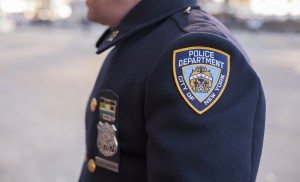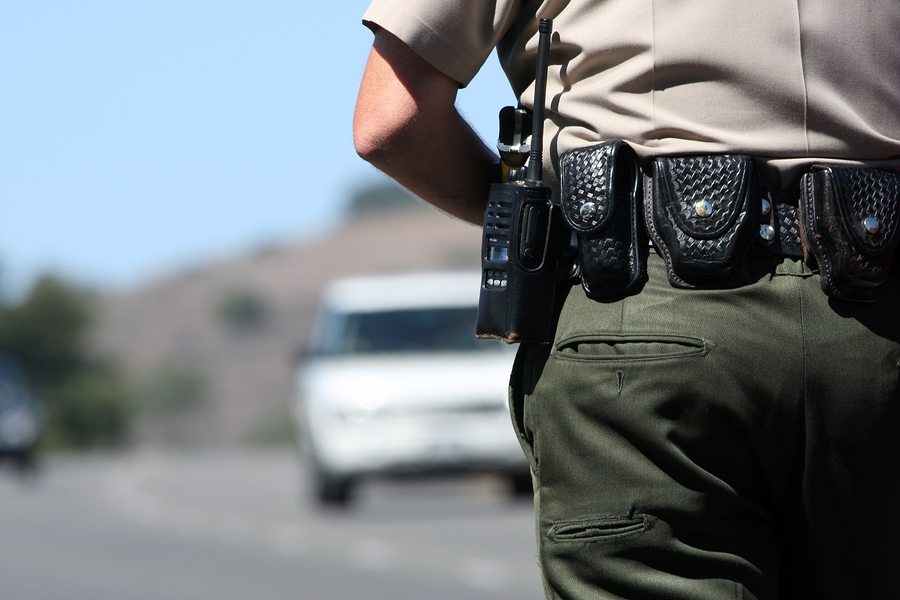New Yorkers should know that, in certain scenarios, it is legal for the NYPD to lie. However, while deceit is permissible within certain bounds, there are also times when an officer’s conduct crosses the line from acceptable behavior into coercion and even entrapment. The concept of police entrapment is shrouded by a stubborn veil of myths and misconceptions, which our criminal defense attorneys will attempt to clear up in this article. While the concept of entrapment tends to be poorly understood, when entrapment does occur, it may be raised as a defense against various criminal charges in New York.
Court Rulings: Police Can Lie to Obtain a Voluntary Confession
The strategic use of deception is an important component of police work. For instance, undercover investigations couldn’t exist if law enforcement officers were required to always be truthful. While undercover work is an obvious example, what fewer people realize is that police officers are also allowed to lie and deceive when interrogating a criminal suspect – as long as certain legal boundaries are respected.
It is not uncommon for NYPD officers to bend the truth, or even make claims which are outright false, during criminal interrogations. From a suspect’s point of view, that possibility is hugely alarming (and emphasizes why it’s so important to avoid talking to the police without an attorney) – but from an officer’s perspective, the use of deception is a useful tool for extracting a voluntary confession. For instance, an officer might tell the suspect something along these lines:
- Your friend already told us you committed the crime. Why don’t you just fess up and make things easier on yourself?
- We already know you did it. We’ve seen the evidence.
- If you tell us exactly what happened, it might be possible to save the victim’s life.
Several court rulings have upheld the use of deceptive tactics in this vein. For example, consider the 1969 U.S. Supreme Court case of Frazier v. Cupp, in which defendant Martin Frazier was charged with murdering Russell Anton Marleau. The interrogating officers lied to Frazier that his cousin, Jerry Lee Rawls, had already confessed and implicated Frazier. Nothing of the sort occurred, but the lie was enough to prompt Frazier to voluntarily confess to the crime.

So was Frazier’s confession admissible? According to the Supreme Court, it certainly was. The Court held the following:
“The fact that the police misrepresented the statements that Rawls had made is, while relevant, insufficient, in our view, to make this otherwise voluntary confession inadmissible.”
In other words, the Supreme Court acknowledged the lie, but also decided that it wasn’t enough to taint the resulting confession.
In the end, Frazier was convicted of murder. However, it is critical to emphasize the voluntary nature of Frazier’s confession to the police. Officers are prohibited from making threats or resorting to violence or coercion in order to force an involuntary confession. If you or someone you love was threatened or injured by the NYPD during an interrogation, you need to contact a lawyer immediately.
What is Entrapment, and When is it a Defense to Criminal Charges?
Many people claim that it is entrapment when a police officer lies to a suspect. While this would certainly make life easier for defendants, unfortunately it is a gross over-simplification and is simply not accurate. Entrapment is a more elaborate concept, and only occurs when a police officer, with the intention of securing evidence, intentionally prods a person into committing a crime which that person otherwise wouldn’t have even considered committing.
In light of this definiton, it is not entrapment for a police officer to pose as a drug dealer, a weapons dealer, or a prostitute – another common misconception. The reason it is not entrapment is that in all three of those situations, the person willingly and independently sought out those opportunities for him- or herself, and was not in any way pressured or coerced into the act by an officer’s influence. The person went out wanting to solicit a prostitute, or wanting to buy drugs, or wanting to purchase a gun, without having to be manipulated into those activities. By comparison, entrapment is contingent upon the entrapped person having no intent to commit a crime.
New York’s entrapment law is located at NY Penal Law § 40.05. The statute could hardly be plainer when it states that “conduct merely [giving] a person an opportunity to commit an offense” – like dressing up as a prostitute or posing as a dealer – “does not constitute entrapment.” The statute points out that, in order to be considered entrapment, an act must involve “active inducement or encouragement” (to commit a crime).
As you can see, many situations people think are entrapment, are actually nothing of the sort. However, if an NYPD officer (or a person helping an officer) truly does entrap somebody, it is an affirmative defense against the charges.

If you have been charged with a crime in New York, you face harsh penalties if you are convicted. Even a misdemeanor could cost you as much as a year in jail, while a felony conviction can result in decades of incarceration and thousands of dollars in fines, to say nothing of the burden that comes from having a criminal record connected to your name.
The aggressive defense lawyers of Sullivan & Galleshaw have over 30 years of experience handling a wide array of criminal charges, including sex offenses and weapons crimes. We will guide you through the New York legal system, challenge the allegations, and investigate the legality of your search and arrest to determine whether any of your Constitutional rights were violated.
Don’t wait until it’s already too late to seek legal help: to set up a free and confidential consultation, call our law offices at (800) 730-0135 today.

